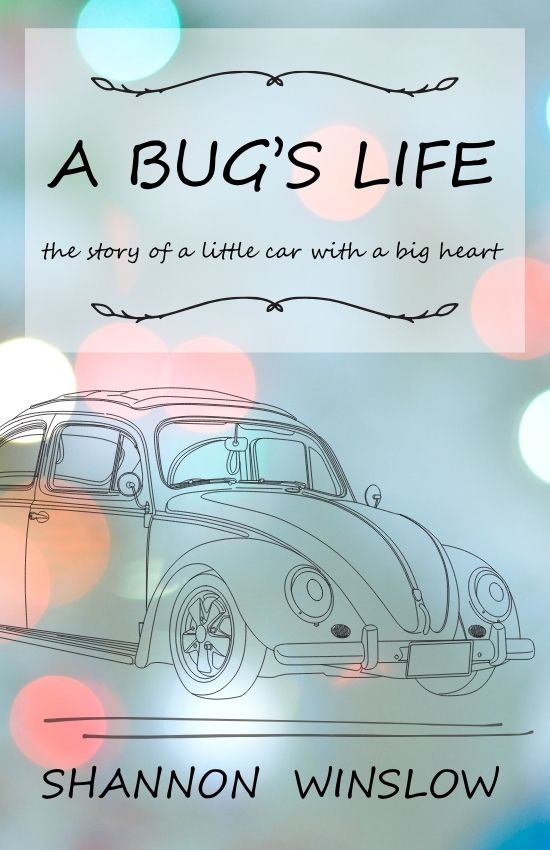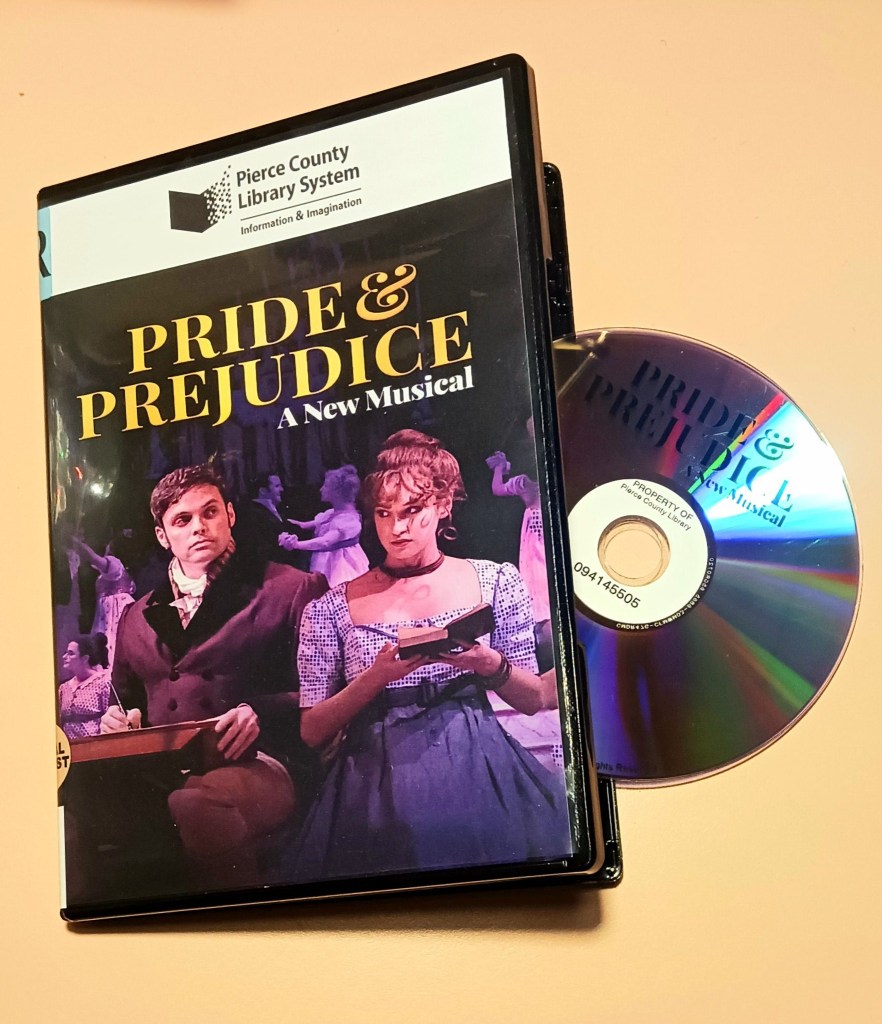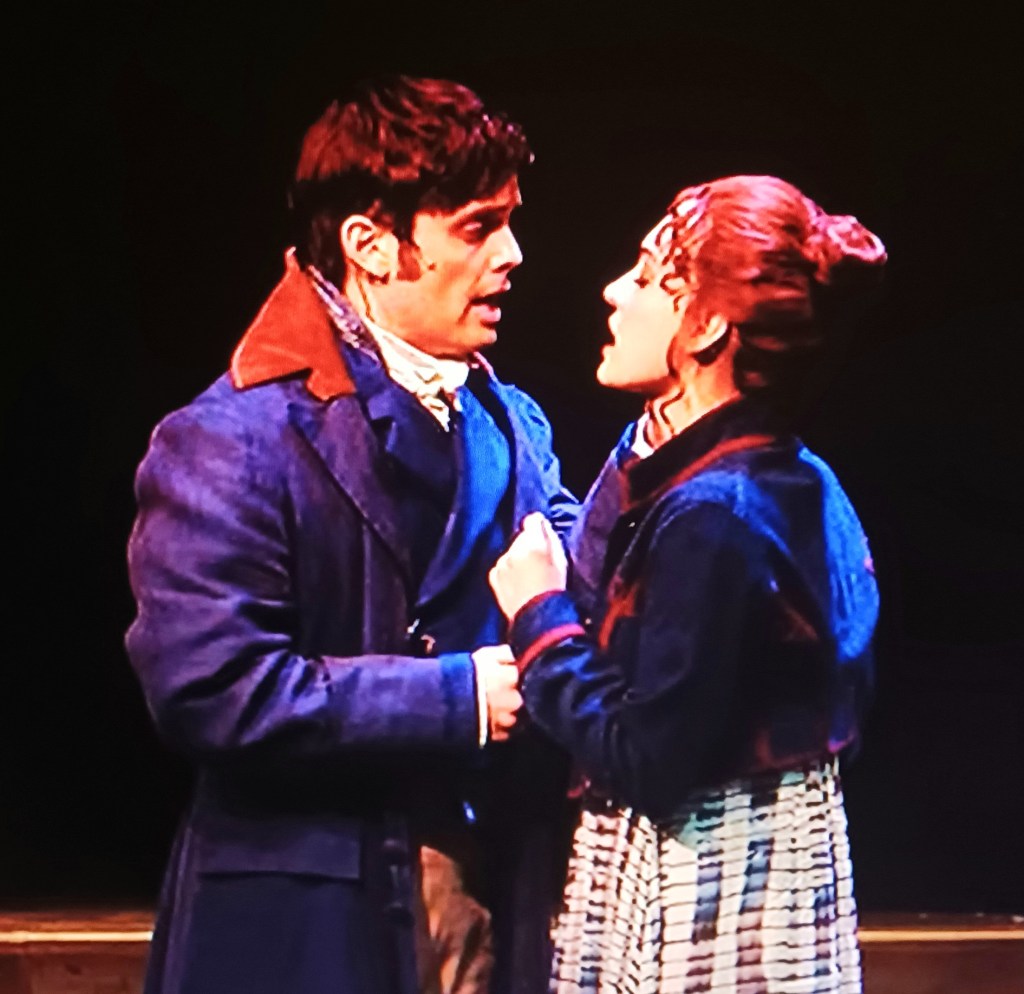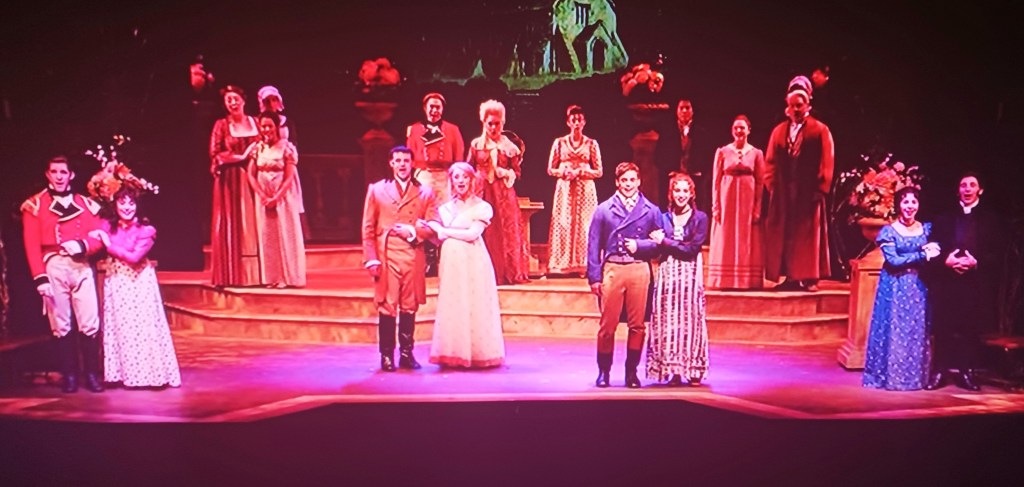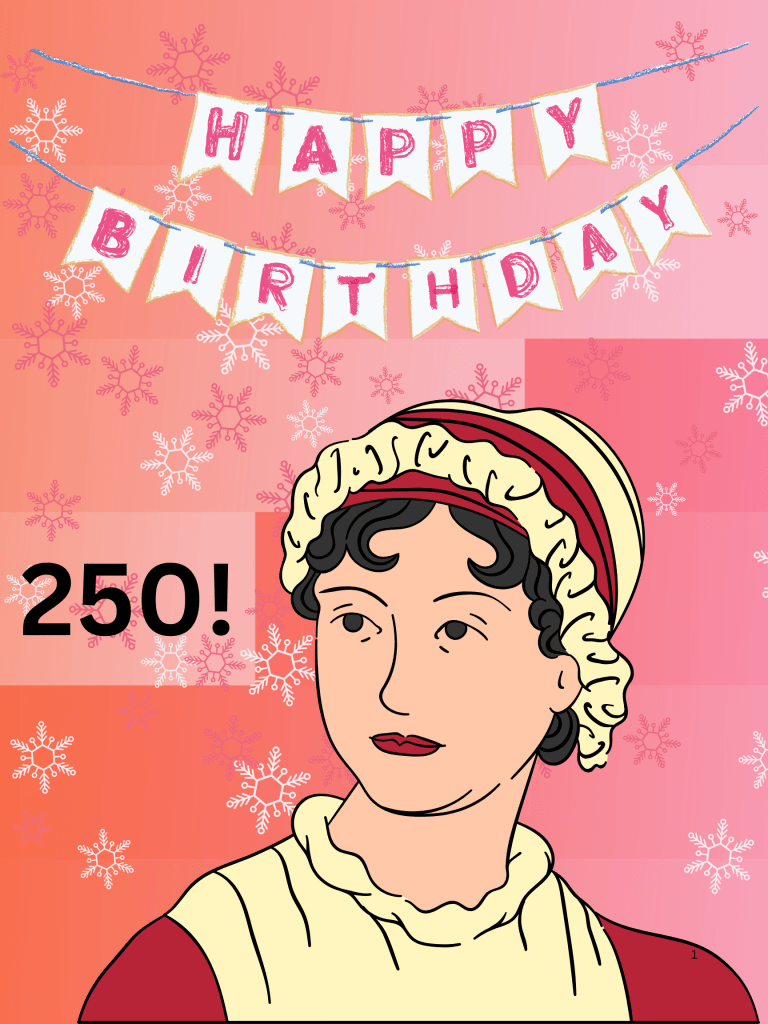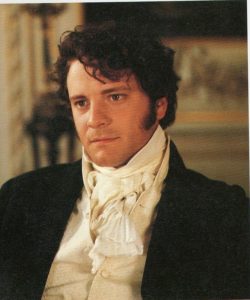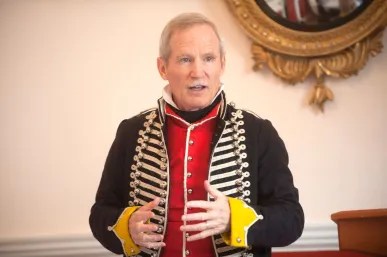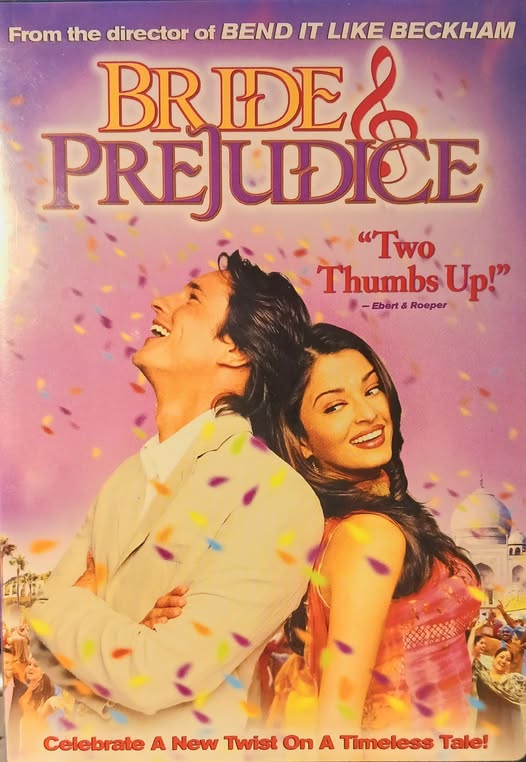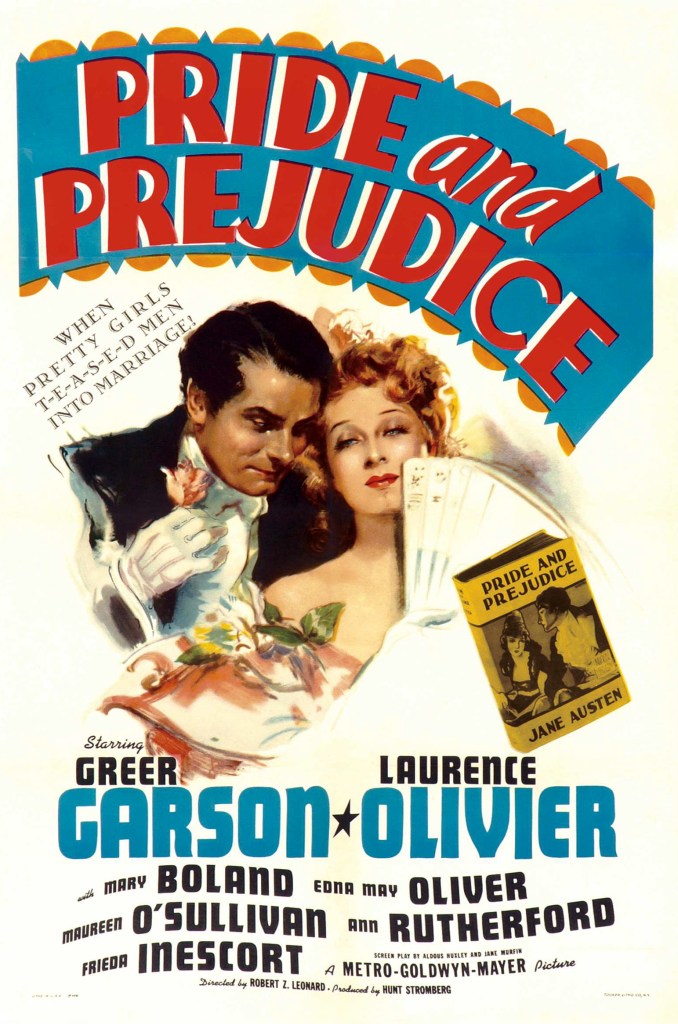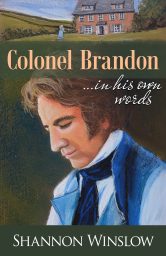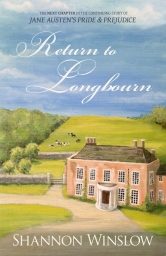It’s been a few months since the publication of Captain Wentworth in His Own Words, and perhaps you’re wondering what’s coming next.
Long range, I really don’t know. But short term, I’m going to give you something unexpected. I’m going to complete something I’ve been meaning to write for years, since 2017 to be precise. That’s when a trip to a beautiful lake in Montana inspired the idea for a story about a car. Yes, that’s right: a car. I thought A Bug’s Life might make a cute title, since it was a VW beetle. But it was still only at the “idea stage.”
Visiting Ashley Lake a second time the following summer, I turned the idea over in my head again and went so far as dashing off a prologue. Then, I had to set it aside to finish the novel I already had in progress. Then came another book… and another book… and another.
I never forgot about my car story, though. I worked on it a little from time to time, and more diligently the last few months. So now, eight and a half years after its inception, this “book” is finally finished. Yay! But, weighing in at just over 60 pages, we’ll have to call it a “novelette” instead. So a very quick read. When I was playing around on Canva recently, I created this fun cover design (although the final version may look entirely different). I hope to have it published within a couple of months.
Here’s the Author’s Afterword, at the very end of the book, to hopefully whet your appetite:
The inspiration for this little story literally came out of the blue.
In 2017, we vacationed at Ashley Lake, Montana, for the first time. It’s a beautiful place, full of family history for us, and clear water the turquoise blue of the Caribbean. One morning when we were paddling our canoe across the glassy smooth surface of the lake, we saw what was unmistakably the rusted remains of a VW beetle not far from shore, submerged in about ten feet of water.
My mind immediately went into story mode, asking the obvious questions. Where had the car come from? How long had it been there, and how had it ended up in that unfortunate situation in the first place? Since no one we talked to knew the answers, my imagination started filling in all those intriguing blanks.
Before long, I was constructing a full history… And perhaps a future resolution? Because in my version of events, I couldn’t simply leave the poor beetle there at the bottom of the lake. My books always have happy endings! So I was determined to somehow give the fictional car (now named Leonard) a better outcome. And while I was at it, why not let him tell the story himself?
We return to Ashley Lake every summer. And every summer, when we cross the water to visit the still-submerged V-dub, I renew my vow to tell this story. It’s taken me a while, but I’m finally keeping that promise. I hope you enjoyed getting to know Leonard – the little car with a very big heart.

Obviously, this isn’t a Jane Austen piece, but it is actually kind of a love story, in an off-beat way. I hope my faithful readers will be interested in this unexpected offering. (For more about A Bug’s Life, including pretty pictures and the prologue, read this 2018 post: An Inspiring Trip to the Lake.)
After that, who knows? For nearly the first time in my 16-year writing career, I don’t have a particular story burning a hole in my brain, demanding to be told. And when I looked back through past posts where I had asked your opinion about what I should write next, along with different possibilities I was considering, guess what? I discovered I’ve already checked nearly all of them off my list! But you might have a different list. Tell me what I’m still missing. What would you have me write next? Or, dare I say it, last? What one book should I not retire without writing? Hmm.
…for, provided that nothing like useful knowledge could be gained from them, provided they were all story and no reflection, [Catherine] had never any objection to books at all. – Jane Austen, Northanger Abbey, chapter 1

